Writers know that if you want to tell a story, you need to flesh out other side-threads and characters apart from the main plot and protagonist as these are what make the author's fantasy believable and realistic. And the secret services know this, as well. When a false flag or disinformation operation is planned and then launched, a series of seemingly incidental moments obscures the real intention. Alternatively, they can be used to create the appearance of truth in the unsuspecting news consumer. In both cases, the end result is the same: we believe the story - but only if they do it right, of course.
Nowadays, it is perhaps even more difficult to distinguish between what is the truth and what only appears to be the truth.
Billionaire entrepreneur Elon Musk recently spoke of how artificial intelligence-produced content is becoming increasingly more realistic, making it much easier to deceive consumers.
"How will we ever know what reality is?" Musk posed the million dollar question. But even he couldn't give a reassuring answer to this increasingly disheartening problem either.
And nowadays, if we are unable to discern what is true from when they are consciously trying to deceive and influence us, then we become more easily manipulable.
It's been nearly two years and we still don't know who blew up the Nord Stream gas pipelines and why. These are seventeen billion-dollar-questions. That's how much it cost Germany and Russia to build it.
The whole thing is even more significant when you consider that this action succeeded in cutting off a large part of Western Europe from cheap Russian energy, the price of which is still being paid for by European industry and residents alike. Yet somehow no one seems to care about getting to the bottom of this mystery. Perhaps the silence surrounding it is the most revealing.
So far, there have been two diametrically opposed explanations. The first was published last year by veteran investigative journalist Seymour Hersch, who said that
the US administration, fearing that Berlin would be unwilling to wholeheartedly stand by Ukraine against Russia because of its business interests, tasked US Navy deep sea divers to carry out the operation.
The cover operation was Baltic Operations 2022 (Baltops 22), an annual NATO maritime exercise that was held in June of that year, when underwater mine detection and clearance was practiced. At the time, explosives were planted covertly on the pipelines running 80 meters deep in the Baltic sea without being detected by Russian technical surveillance systems. Then, in September, the buoy that remotely activated the bomb was dropped from a Norwegian reconnaissance plane.
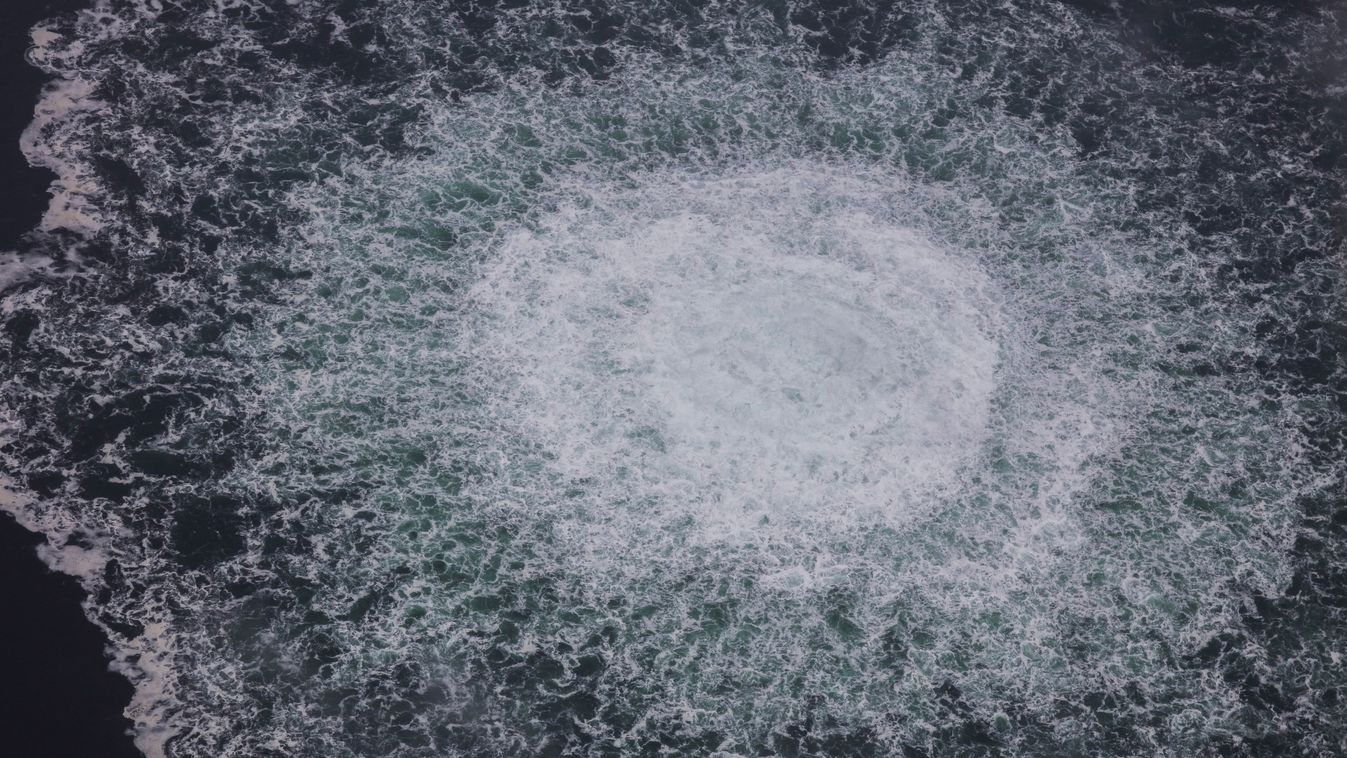

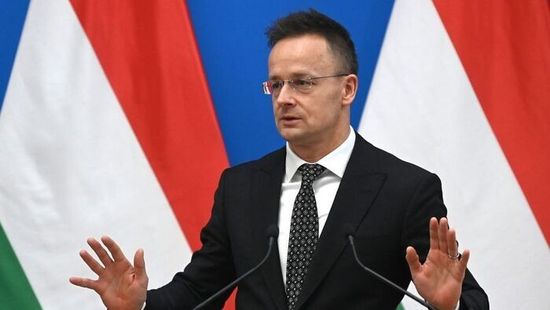

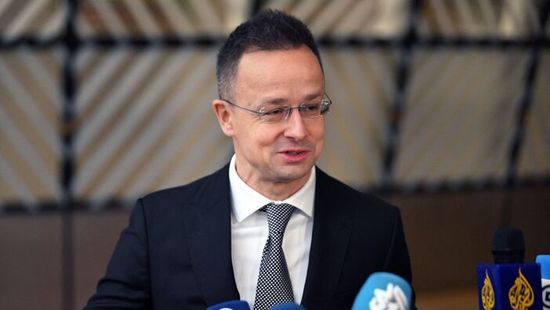


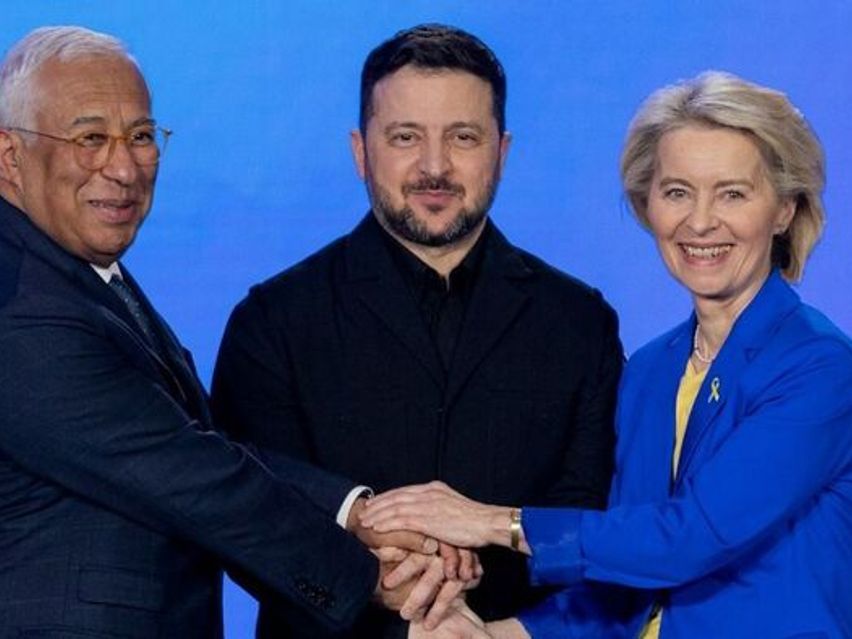

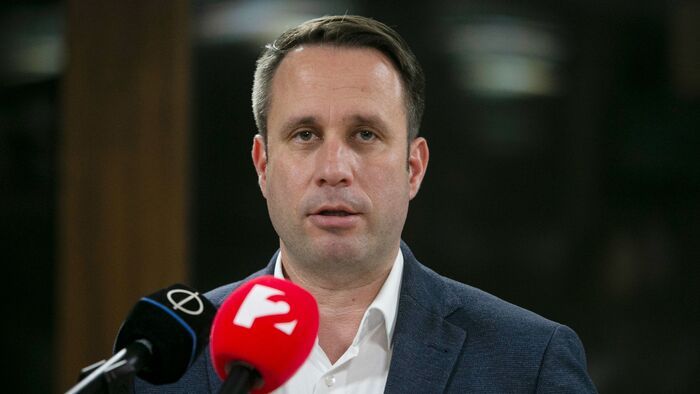


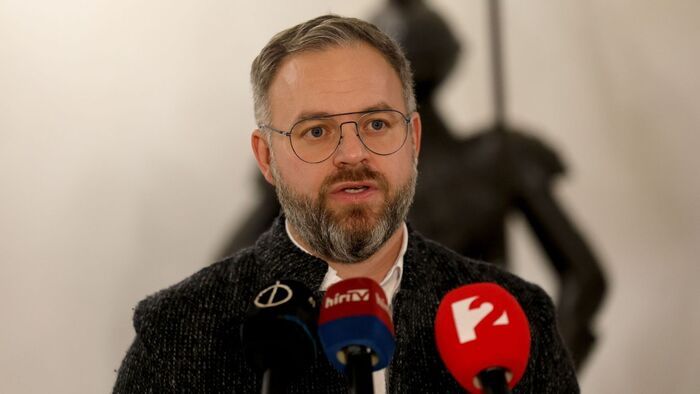
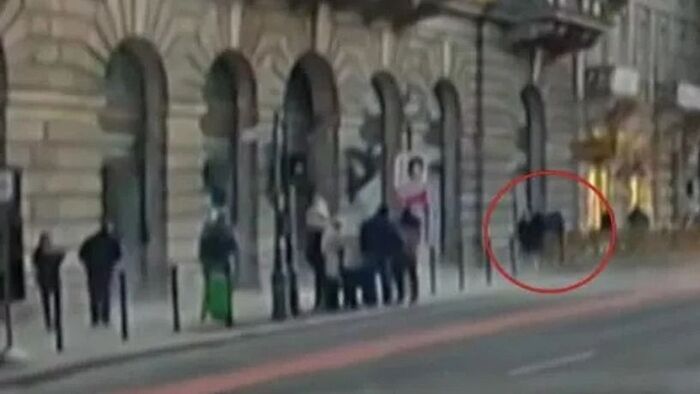
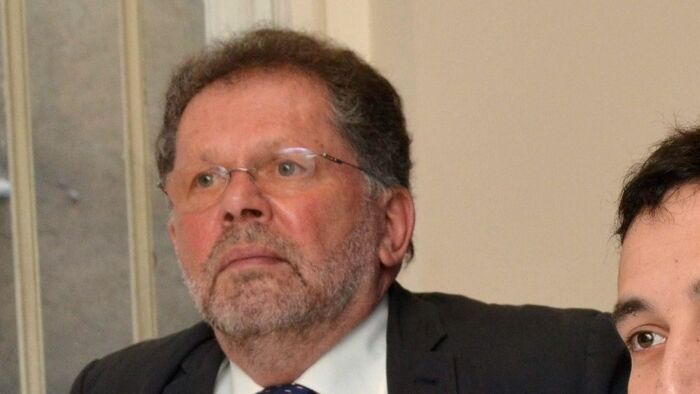


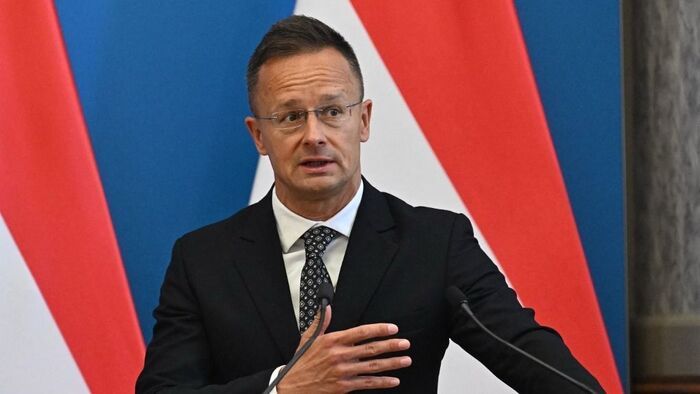




Szóljon hozzá!
Jelenleg csak a hozzászólások egy kis részét látja. Hozzászóláshoz és a további kommentek megtekintéséhez lépjen be, vagy regisztráljon!